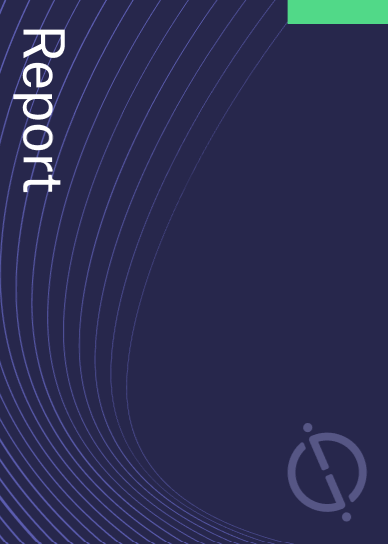China’s NMPA approves AstraZeneca’s Soliris to treat gMG
14 Jun 2023
Phase 3Drug ApprovalClinical ResultImmunotherapy

Preview
Source: Pharmaceutical Technology
AstraZeneca’s Discovery Centre. Credit: AstraZeneca.
China’s National Medical Products Administration (NMPA) has granted approval for AstraZeneca’s Soliris (eculizumab) to treat refractory generalised myasthenia gravis (gMG) in adult patients.
Soliris is a first-in-class C5 complement inhibitorC5 complement inhibitor indicated for patients who are anti-acetylcholine receptor (AChR) antibody-positive.
Recommended Reports

Preview
Source: Pharmaceutical Technology
ReportsLOA and PTSR Model - Zolunicant Hydrochloride in Opium (Opioid) Addiction GlobalData

Preview
Source: Pharmaceutical Technology
ReportsLOA and PTSR Model - Arbaclofen Er in Opium (Opioid) Addiction GlobalData
View all
It inhibits the C5 protein in the terminal complement cascade, part of the body’s immune system.
The therapy has already been approved to treat atypical haemolytic uraemic syndrome, paroxysmal nocturnal haemoglobinuria and certain gMG adult patients in the US, Japan, the EU and China.
It has also been approved for the treatment of adults with neuromyelitis optica spectrum disorder in the US, Japan and the EU.
AstraZeneca’s subsidiary Alexion CEO Marc Dunoyer stated: “Symptoms of gMG, including difficulties seeing, walking, talking, swallowing and breathing, can have a debilitating impact on daily life for patients and their families, representing a critical need for therapeutic advances.
“We are proud to offer Soliris in China, a first-in-class C5 complement inhibitorC5 complement inhibitor and a globally established treatment for gMG.
“We remain committed to expanding access to innovative therapies for rare disease patients in China and around the world.”
The regulatory approval was based on comprehensive data obtained from the Phase III REGAIN trial conducted in 125 patients across South America, North America, Europe and Asia.
The 26-week placebo-controlled, randomised, double-blind, multicentre trial was designed to assess Soliris’s efficacy and safety in refractory gMG adult patients.
The findings showed the clinical benefit of Soliris for anti-AChR antibody-positive gMG patients who had previously failed to progress on immunosuppressive treatment and continued to have significant unresolved disease symptoms.
The therapy’s tolerability and safety profile were found to be consistent throughout the primary treatment period, as well as the open-label extension.
Upper respiratory tract infection and headache were the most common adverse events observed in the primary treatment period.
For more details,please visit the original website
The content of the article does not represent any opinions of Synapse and its affiliated companies. If there is any copyright infringement or error, please contact us, and we will deal with it within 24 hours.
Organizations
Hot reports
Get started for free today!
Accelerate Strategic R&D decision making with Synapse, PatSnap’s AI-powered Connected Innovation Intelligence Platform Built for Life Sciences Professionals.
Start your data trial now!
Synapse data is also accessible to external entities via APIs or data packages. Leverages most recent intelligence information, enabling fullest potential.



